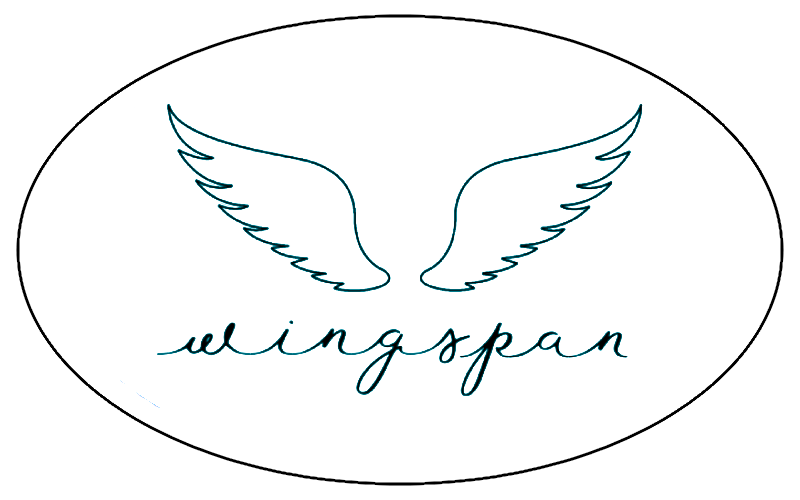In an age where the digital and physical worlds intricately intertwine, electronics have become not just tools of necessity but of creativity and innovation. For those moments when boredom seems to overshadow your day, diving into the world of electronics offers a plethora of opportunities to not only pass the time but also to enrich your knowledge and skills. This exploration into electronics isn’t just about tinkering with gadgets; it’s about opening a gateway to understanding the workings of the devices that saturate our modern lives and possibly inventing something novel.
At the heart of the electronic hobbyist’s journey is the Arduino platform. Arduino provides an accessible entry point for beginners and a complex playground for advanced users to develop interactive electronic projects. From creating simple LED light displays that respond to music to developing sophisticated home automation systems, the possibilities are endless. Arduino projects can start with basic tutorials to grasp the fundamentals of electronic circuits and coding. As your confidence grows, these projects can evolve into more complex systems, such as weather stations that collect and analyze environmental data or robots that navigate through mazes using sensors.
For those inclined towards wearable technology, integrating electronics with clothing or accessories offers a unique avenue to channel your creativity. Using conductive thread, LEDs, and miniature controllers like the Lilypad Arduino, you can create a fashion that not only looks distinctive but also serves functional purposes. Imagine a jacket with turn signal indicators for night cycling or a purse that lights up inside to help find your keys. These projects blend fashion, engineering, and practicality, showcasing how electronics can permeate various aspects of life.
Another engaging domain is the world of DIY (Do-It-Yourself) smart home gadgets. With a basic understanding of electronics and the help of microcontrollers like the ESP8266 Wi-Fi module, you can create devices that enhance your living environment. Projects can range from automated plant watering systems that monitor soil moisture and water your plants when you’re away, to custom-built security cameras that send live feeds to your smartphone. These projects not only provide a creative outlet but also add convenience and efficiency to your daily routine, all while giving you the satisfaction of having built something functional and personalized.
Beyond the realm of practical applications, electronics can also be a source of entertainment and learning. Building your own games, for instance, offers a fun way to delve into both the programming and hardware aspects of electronics. Using simple components like push buttons, LEDs, and buzzers, you can create your version of classic games like Tetris or Snake. This not only serves as a delightful pastime but also enhances your logical thinking and coding abilities.
In conclusion, the realms of electronics offer boundless opportunities for those seeking to transform boredom into productive and enjoyable endeavors. Whether it’s through creating wearable technology, automating your home, or building your own games, electronics allow you to harness your creativity, learn valuable skills, and perhaps even innovate solutions to everyday problems. As you embark on these electronic adventures, remember that the journey is as rewarding as the destination. Each project builds upon the last, expanding your knowledge and skills, and who knows? Your boredom-induced projects might just spark an idea that leads to the next big innovation.

